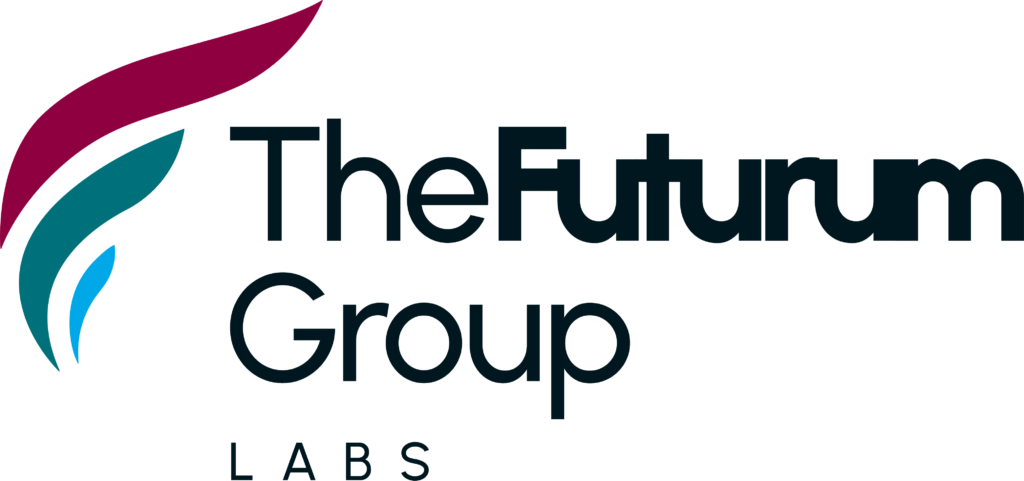While not mainly a storage show, KubeCon always provides a window into how the storage landscape for containers is shaping up. KubeCon 2022 in Detroit last week was no exception. There were few substantial storage launches during the conference, but we did get a good look at how Kubernetes storage strategies are evolving among both established vendors and container native storage (CNS) companies.
During interviews and walks around the show floor, we noticed an increased presence of mainstream storage vendors – such as Dell Technologies and Nutanix – as well as the early CNS vendors who have been at previous KubeCons. And KubeCon came just weeks after IBM made a big move into container storage by acquiring Red Hat’s OpenShift Data Foundation (ODF) storage product.
Evaluator Group’s recent container management survey shows these are still early days for container storage. Neither traditional storage devices using CSI drivers nor CNS have gained significant adoption yet.
Most survey respondents (54.5%) said they are using a public cloud for persistent storage for Kubernetes, with traditional on-prem storage and CNS each at 38.2% adoption rates. Red Hat ODF – soon to become part of IBM’s Spectrum Fusion – led with 28.2% adoption. Pure Storage’s Portworx was next with 11.8%. SUSE Longhorn – like ODF, a storage product affiliated with a container management platform – was third with 8.2%.
While smaller CNS vendors barely registered in our survey, Ondat and Rakuten Symphony’s Robin.io reps at KubeCon said they are seeing adoption across large banks and other financial institutions, with a lot of “tire kicking” underway in other industries.
Storage highlights from KubeCon 2022:
Portworx
Pure Storage’s Portworx pre-announced several enhancements to its Portworx Enterprise and Portworx Backup CNS products: PX-Enterprise 3.0 will be available as a fully managed service with new features include PX-FAST for a performance boost, an object storage service and near-sync DR. Portworx also launched a free version (for up to 1 TB of data) of Portworx Backup, its Kubernetes data protection software.
Portworx Enterprise Managed Service automatically discovers customers’ Kubernetes clusters, creates a management dashboard and automates operations for common tasks. The managed service is in preview now, with GA expected when Portworx Enterprise becomes generally available – likely in late Q1 2023. Portworx has not disclosed its pricing model yet for the managed service.
PX-FAST uses technology from Portworx’s Pure Storage parent company to maximize NVMe performance for applications that require low latency such as MongoDB, Kafka and ElasticSearch. Portworx claims PX-FAST can drive performance to 1 million IOPs using NVMe flash drive and a new PX-StoreV2 database. PX-FAST can be a crucial addition to Portworx, which is a feature-rich CNS product but until now has talked a lot about performance.
DataCore
DataCore previewed high availability and thin provisioning for Kubernetes-pooled volumes to for OpenEBS, the Container Native Compute Foundation (CNCF) sandbox project originally built by MayaData. DataCore acquired MayaData in 2021 and launched Bolt, a non-open CNS product, earlier this year. DataCore representatives say the new features in OpenEBS will be included in the next version of Bolt, due later this year. The OpenEBS enhancements include the ability to route data around failed IO paths for greater availability.
OpenEBS and Bolt are optimized for NVMe over TCP, and designed for low latency applications. DataCore pledges to add more enterprise features including cybersecurity in future releases.
DataCore will sell MayaStor and Bolt, both based on OpenEBS. MayaStor is aimed at the open-source community while Bolt will be sold through partners.
Dell
Dell had no product news at KubeCon but was a sponsor and sent a contingent to try to expand its presence in the Kubernetes community. The Dell container storage strategy is to address it through CSI drivers for its on-premises storage devices and Container Storage Modules (CMS) that deliver features not available through CSI yet for block, file and object storage. This allows Dell to use its traditional storage portfolio for containerized applications instead of developing or acquiring a CNS product that moves the abstraction layer into Kubernetes.
Robin.io
Robin.io products now make up Rakuten Symphony’s Unified Cloud business unit following the Japanese telcom’s acquisition in Feb. 2022. Robin.io’s product portfolio remains the same, consisting of Cloud Native Platform (CNP), Cloud Native Storage (CNS) and Multi Data Center Automation Platform (MDCAP). CNP is a container management platform, CNS is the storage that is available stand alone or part of CNP and MDCAP is the orchestration engine for multi-cluster Kubernetes deployments across data centers.
Nutanix
Hyper-converged infrastructure vendor Nutanix’s container strategy is to support containers along with virtual machines in its Cloud Platform in the expectation that customers will run both for the foreseeable future. It added support for Amazon’s Elastic Kubernetes Service-A (EKS-A) at KubeCon. Nutanix now supports Red Hat OpenShift, SUSE Rancher, and Google Anthos and Microsoft Azure Arc for edge deployments – many of the major distributions with the exception of its HCI archrival VMware’s Tanzu.
Nutanix last year designated OpenShift as the preferred Kubernetes choice running on Cloud Platform. Nutanix also has its Nutanix Kubernetes Engine (NKE), which only runs on the Nutanix Cloud Platform and is aimed at its HCI customers who want to give Kubernetes a try.
Evaluator Group Comments
Like much of the Kubernetes landscape, storage is still evolving and we will be watching this area closely in the coming months. Traditional on-premises vendors have now made this area a priority, and smaller CNS vendors keep expanding their features and improving performance. Even if IT teams are content using their traditional storage with CSI drivers now, we expect many will require storage designed specifically for containers and Kubernetes as their production applications scale.
This is a space that could result in more acquisitions – we’ve already seen Pure Storage acquire Portworx, IBM pick up Red Hat’s storage and DataCore buy MayaData. A handful of other early CNS players remain on the market. It will be interesting to see what container storage looks like when KubeCon 2023 convenes in Chicago next November.

